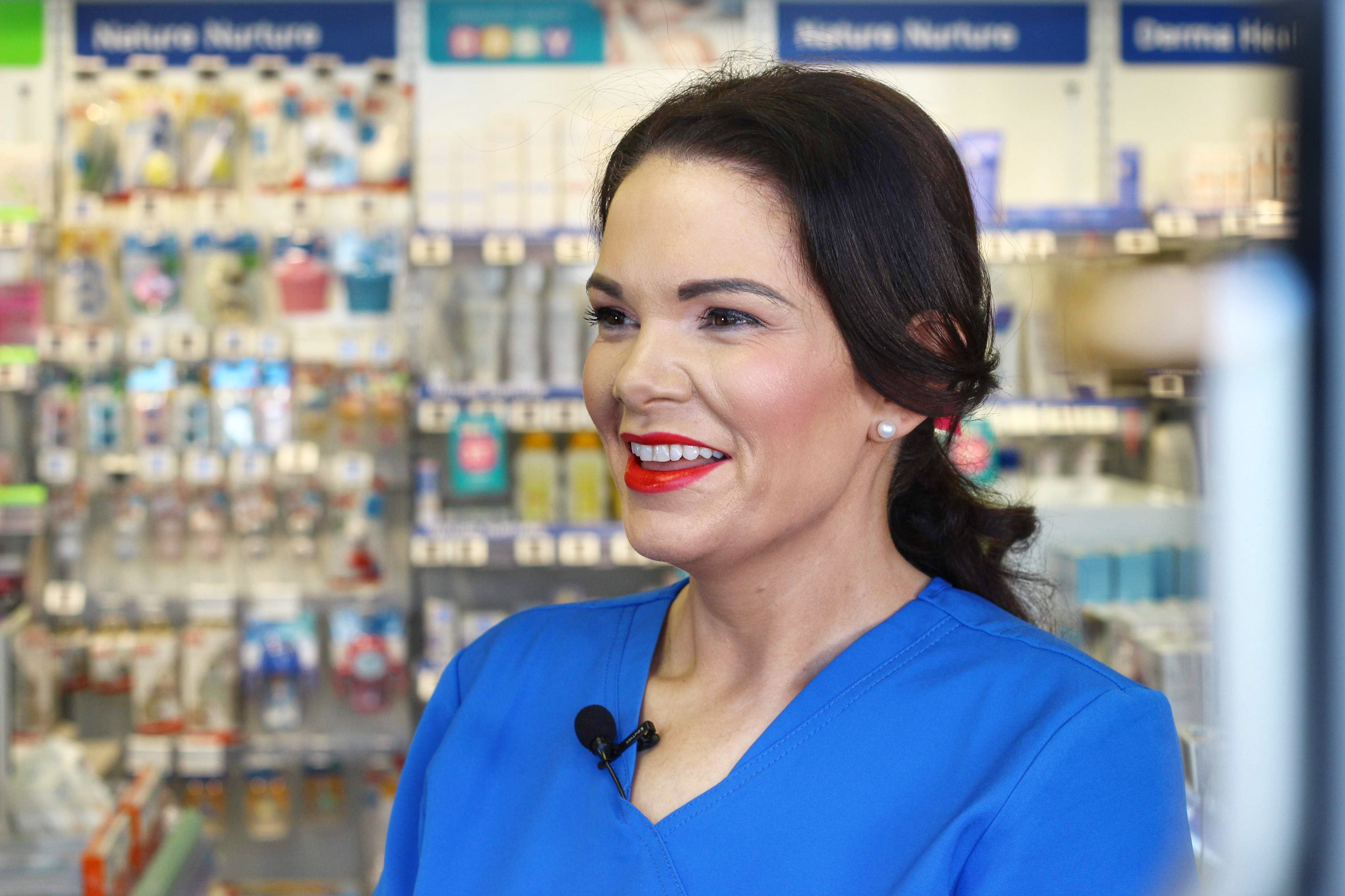Our second contribution from Dermatology Nurse and our skincare expert, Selene Daly, focuses on psoriasis– a common skin disease that affects almost 100,000 people in Ireland and occurs equally in men and women.

What is psoriasis?
Psoriasis is a long-term skin condition for which there is still no cure, however, it can be controlled with effective treatments offered by consultant dermatologists.
Psoriasis is just not a skin disease but can involve inflammation in the entire body. Moderate to severe psoriasis is associated with an increased risk of heart disease, diabetes, inflammatory bowel disease and a form of arthritis called psoriatic arthropathy.
What causes psoriasis?
Psoriasis is thought to be genetic, meaning it is passed down through family members. Environmental factors can also play a role in the development and triggering of psoriasis such as infection, stress, alcohol, certain medications and damage to the skin (via surgery or tattoos for example).
What does it look like?
The typical psoriasis presentation is well defined - pink or red with white scales - and is often found on the knees, elbows, torso and scalp. Psoriasis may also appear as ‘guttate psoriasis’ which consists of small spots of psoriasis all over the body. This form of psoriasis often follows a strep throat infection. ‘Palmo-planter psoriasis’ affects only the palms of the hands and soles of the feet.
What to do
If you have psoriasis, it is important that you visit your G.P. with a view to being referred to a hospital-based consultant dermatologist. Topical medications for psoriasis can be prescribed in primary care centres; however, treatments for moderate to severe psoriasis can only be prescribed by a Dermatology Consultant.
Treatment for psoriasis
Psoriasis treatments are usually given in a stepped approach:
1. Topical treatments
Topical treatments include total emollient therapy (no soap washes and moisturisers), steroids and vitamin D analogues (Enstilar and Dovobet)
2. Phototherapy
Phototherapy is ultraviolet light delivered in a controlled way to treat psoriasis. This treatment takes place over 6-8 weeks in a phototherapy unit.
3. Internal (systemic treatments)
Tablet options include acitretin, ciclosporin, methotrexate and apremilast. Injectable treatments are also available. Again, these treatments can only be given by a Consultant Dermatologist.
It is important to learn evidence-based information on psoriasis and make an appointment with your G.P. to discuss effective and safe treatment options. For more information, log onto www.irishskin.ie and visit our psoriasis symptoms page for a more in-depth look at the condition.

